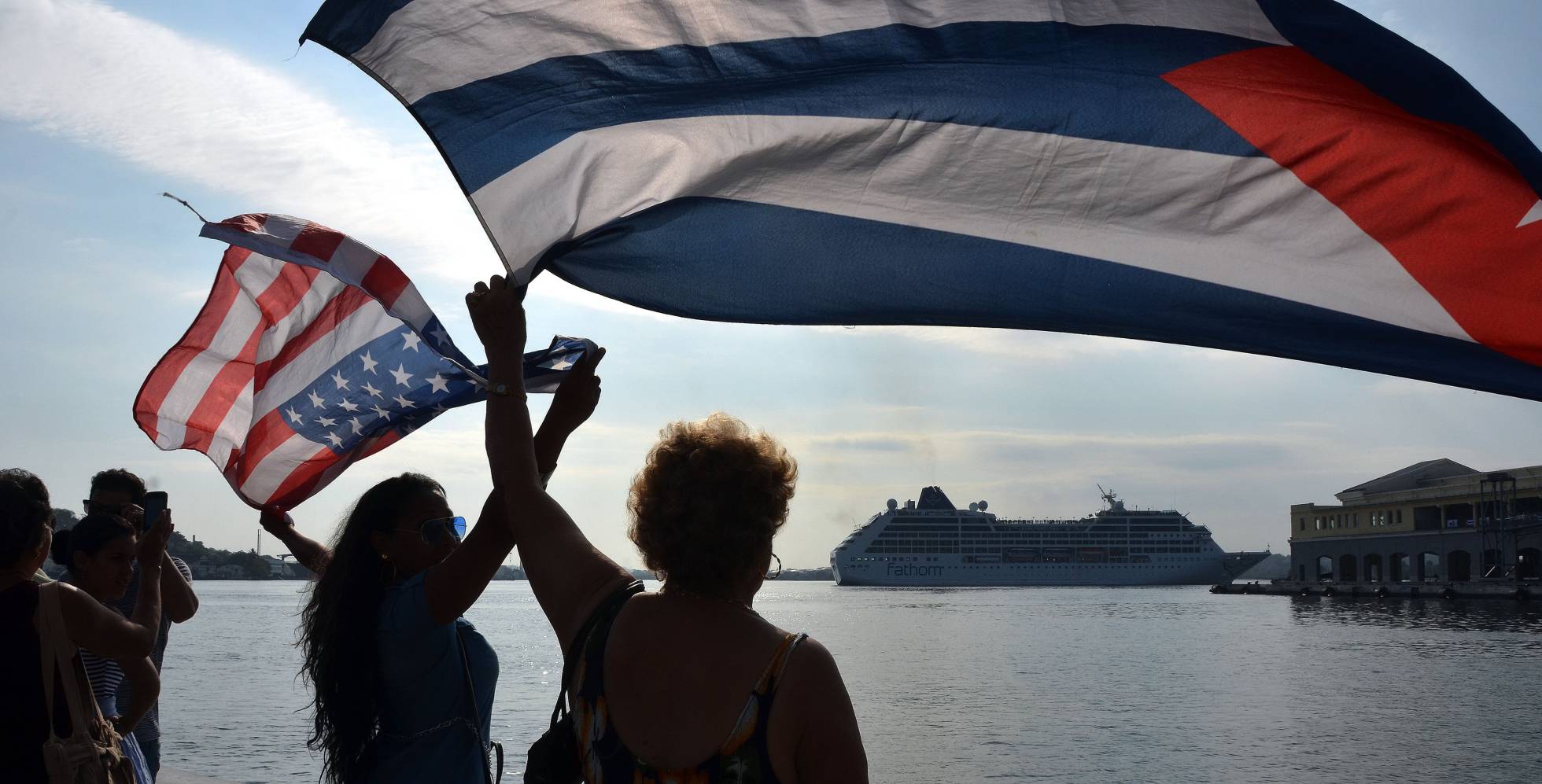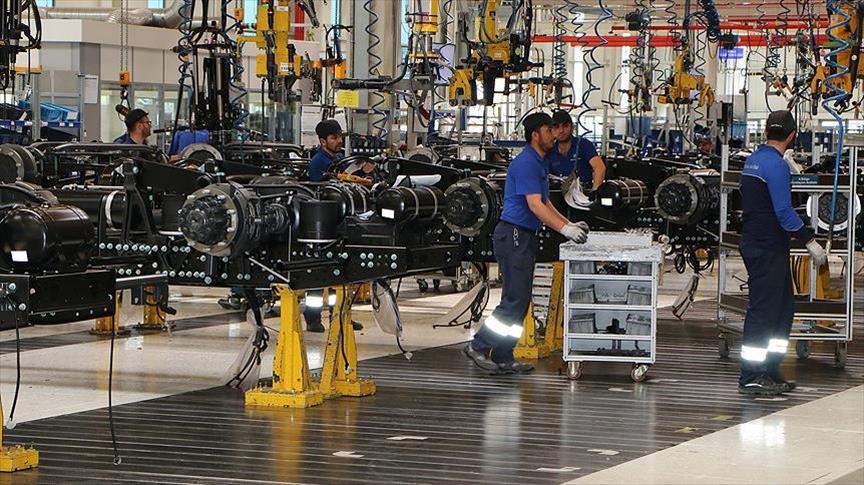The US threatens millionaire fines to four cruise passengers in Cuba

Carnival, MSC, Norwegian and Royal Caribbean will be prosecuted. They are accused of “trafficking” with goods expropriated by Castroism.
The ghost of the Helms-Burton law puts fear in the body of foreign companies with interests in Cuba, including many Spanish. A Florida court has dismissed the appeals filed by four large shipping companies (Carnival, MSC, Norwegian and Royal Caribbean) against the lawsuit filed by Havana Docks Corporation, a US firm that accuses them of ‘trafficking’ with the Havana cruise terminal between 2016 and 2019, since it is an asset confiscated by the Fidel Castro regime since 1960
Certified claim
The decision will cause a jury trial to be held in May, in which the companies run the risk of being forced to pay millions in compensation. In the lawsuit admitted for processing, Havana Docks Corporation claimed that it suffered a loss of 9.2 million dollars in the aforementioned period, to which 6% annual interest should be added. Ignacio Aparicio, director of Andersen’s Cuban Desk, emphasizes that since it is a claim certified by the US Department of Justice, the value of the compensation could exceed 10 million euros (if the traffic is limited to the three years demanded) and even multiply by three up to 30 million euros if it is proven that in those three years the goods continued to be trafficked. “The judge dismissed the resources of the companies by contrasting that they made use of the expropriated terminal for tourist purposes in exchange for economic returns, for which they committed acts of trafficking,” says Aparicio.
It also highlights the fact that the defendants were aware of the Helms Burton Act since 1996 and that they may have been aware of the claim leads to their actions being classified as “knowingly and intentionally” since they continued to use said terminal until May. and June 2019.
14,000 lawsuits
The third chapter of the Helms-Burton Act, which regulates the US embargo on Cuba, empowered any US citizen to sue in court any person or entity that had “trafficked” assets nationalized by the Fidel Castro regime. That chapter remained unactivated during the presidencies of Bill Clinton, George W. Bush, Barack Obama, and even during the first part of Donald Trump’s term. Already in the second it chose to activate it and that caused an avalanche of 14,000 lawsuits (8,000 certified by the US Department of Justice and another 6,000 uncertified) that affected foreign companies operating in Cuban territory. The director of Andersen’s Cuban Desk highlights, however, the little judicial experience they have had so far. At the end of 2021, there were only 36 ongoing lawsuits, of which four had been dismissed and the rest were on appeal. “No one has been convicted of trafficking in goods, but there is a greater fear in companies when it comes to investing in Cuba. They think about it much more and they have to analyze in depth the consequences that it can bring”.
Recovery
This climate of hostility to foreign investment generated by the demands from the US contrasts with the good harmony between the Cuban Executive and Spanish companies, made public after the reopening of the borders in Cuba on November 15, 2021. Meliá and Iberostar They consider investment on the island a priority, and proof of this is the opening of new air routes by W2M, Iberostar’s tour operator, between Madrid and Havana. In fact, the founder of Iberostar, Miguel Fluxá, traveled on the first flight.


